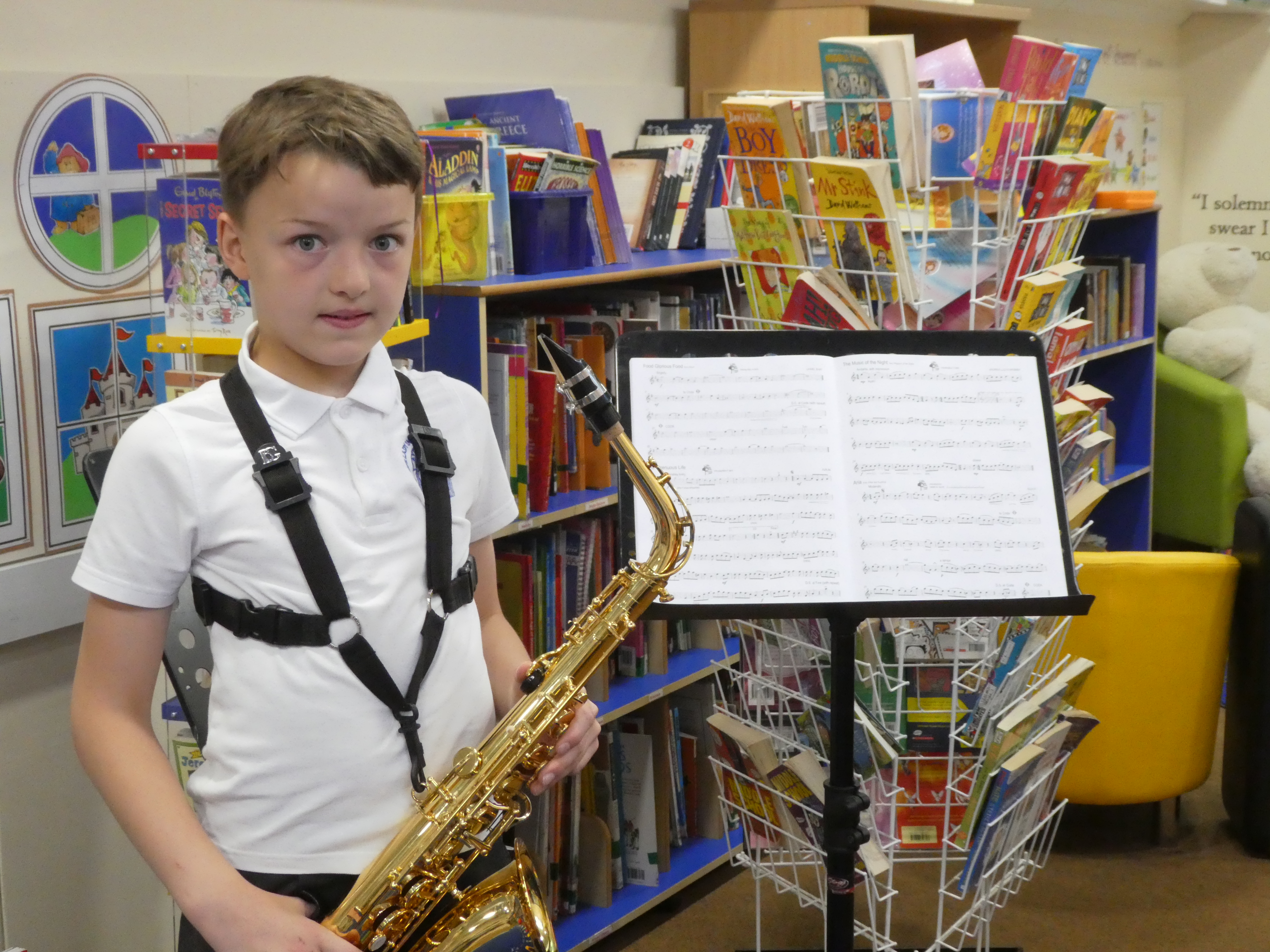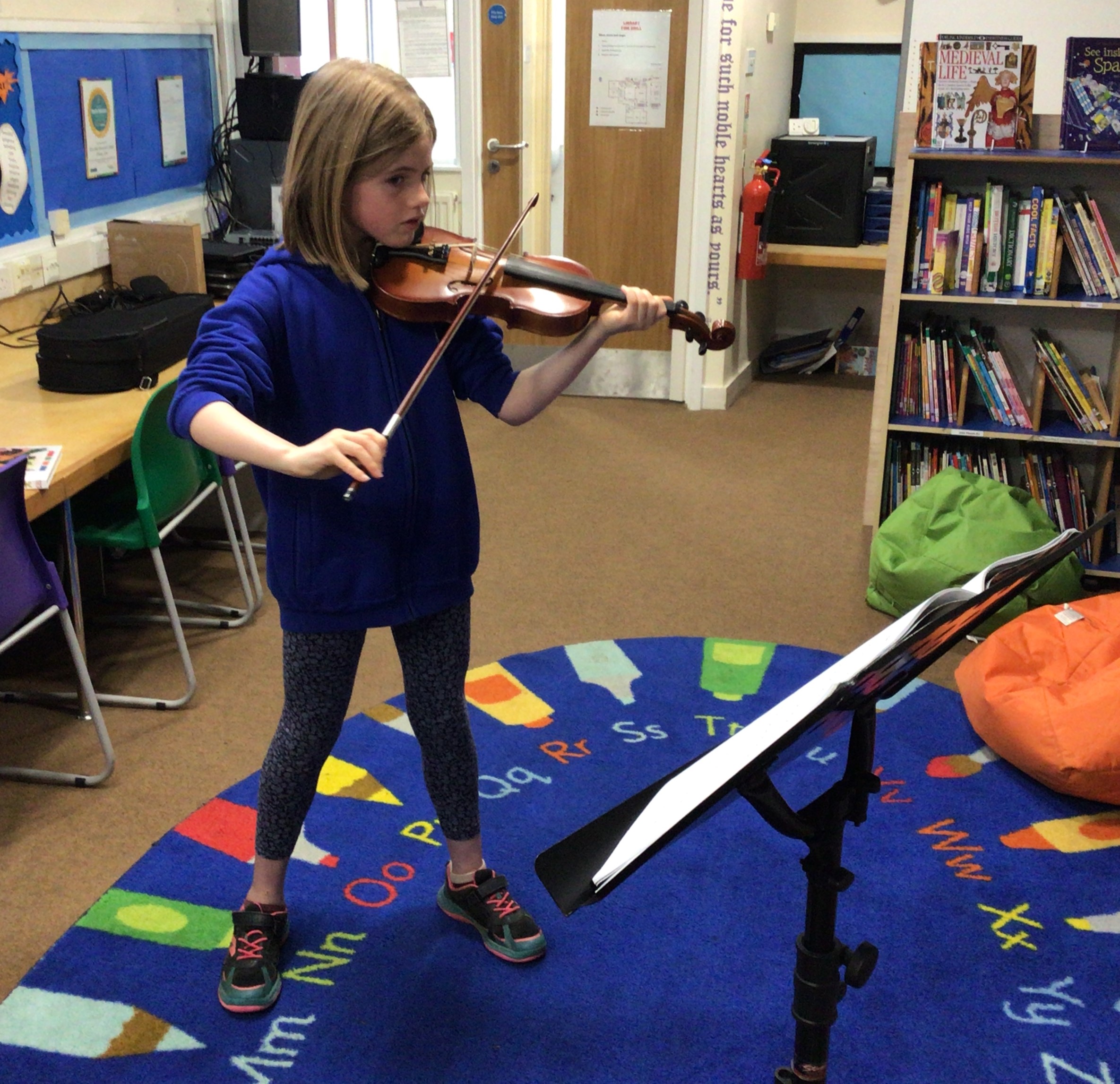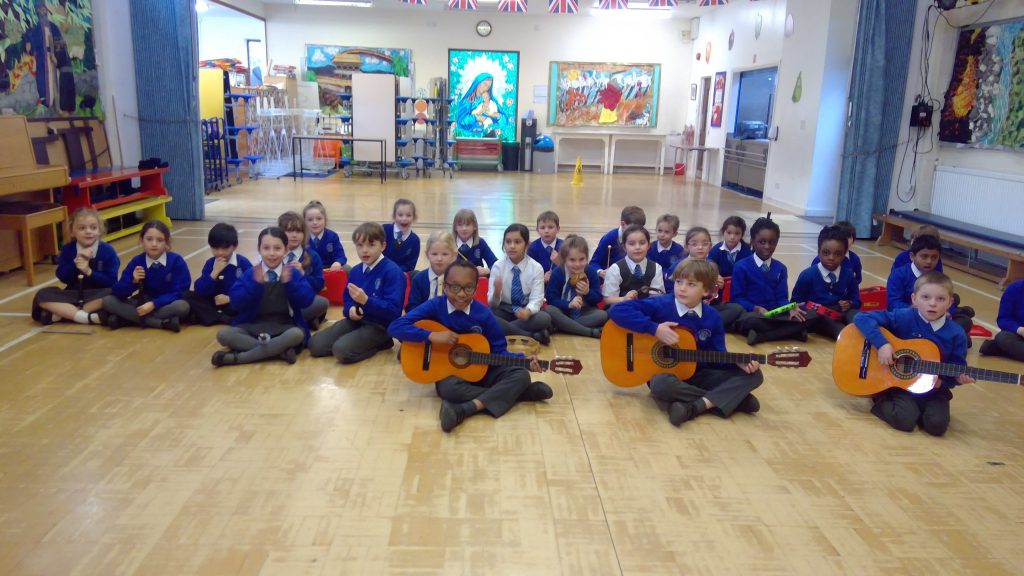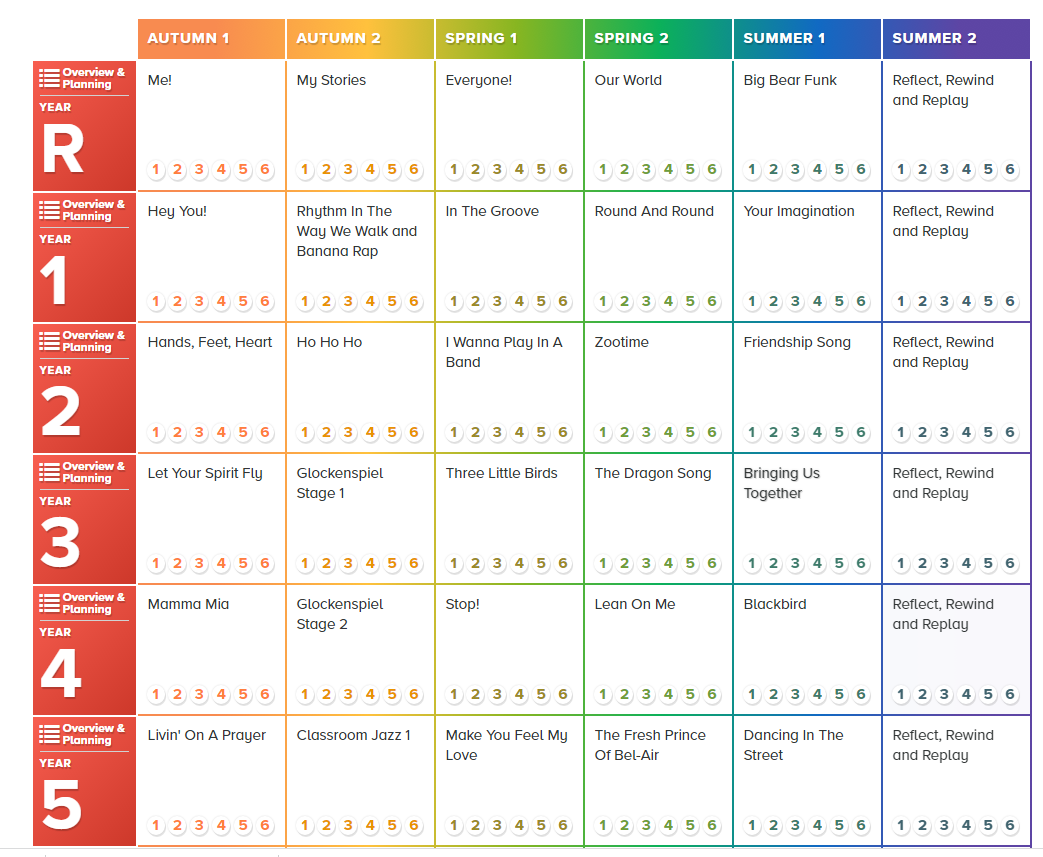


“Music gives a soul to the universe, wings to the mind,
flight to the imagination and life to everything.”
Plato
Music Lead: Mrs J. Scott-Evans
Music is a universal language that embodies one of the highest forms of creativity. A high-quality music education should engage and inspire pupils to develop a love of music and their talent as musicians, and so increase their self-confidence, creativity and sense of achievement. As pupils progress, they should develop a critical engagement with music, allowing them to compose, and to listen with discrimination to the best in the musical canon’
The national curriculum for music aims to ensure that: ‘all pupils perform, listen to, review and evaluate music across a range of historical periods, genres, styles and traditions, including the works of the great composers and musicians; learn to sing and to use their voices, to create and compose music on their own and with others, have the opportunity to learn a musical instrument, use technology appropriately and have the opportunity to progress to the next level of musical excellence; understand and explore how music is created, produced and communicated, including through the interrelated dimensions: pitch, duration, dynamics, tempo, timbre, texture, structure and appropriate musical notations’.
At Our Lady Immaculate the intention is that children gain a good understanding of what music is through listening, singing, playing, evaluating, analysing and composing across a wide range of historical periods, styles, traditions and musical genres. By the time they leave Our Lady Immaculate at the end of Year 6, they will have a sound knowledge of some of the major and most well-known pieces of music and some of the most influential musicians and composers from past and present. In addition, our children will leave Our Lady Immaculate being able to read basic music and play a simple tune
Curriculum
As part of the curriculum, children have opportunities to listen to and enjoy music several times a week, whether in weekly lessons, peripatetic study, assemblies or hymn practice, as a class, whole school or in Choir. Music, movement and drama are often linked.
Peripatetic teachers visit the school and teach individuals in Piano, Violin, Saxophone and Guitar. At Our Lady Immaculate, we use the Charanga Musical School scheme, which uses songs and melodies from a range of genres and eras to support children in developing their singing and musical theory skills. We have class sets of instruments to support this in the form of recorders, chime bars, keyboards and African drums. Classes teach a minimum of 30 minutes a week, with additional opportunities to sing during Mass, assemblies, RE and French.
Throughout their musical learning journey at Our Lady Immaculate pupils are expected to relate to and compare different types of music, through the use of an interactive programme, songs and instrumental studies, as well as progressively develop their ability to read different types of musical notation.

